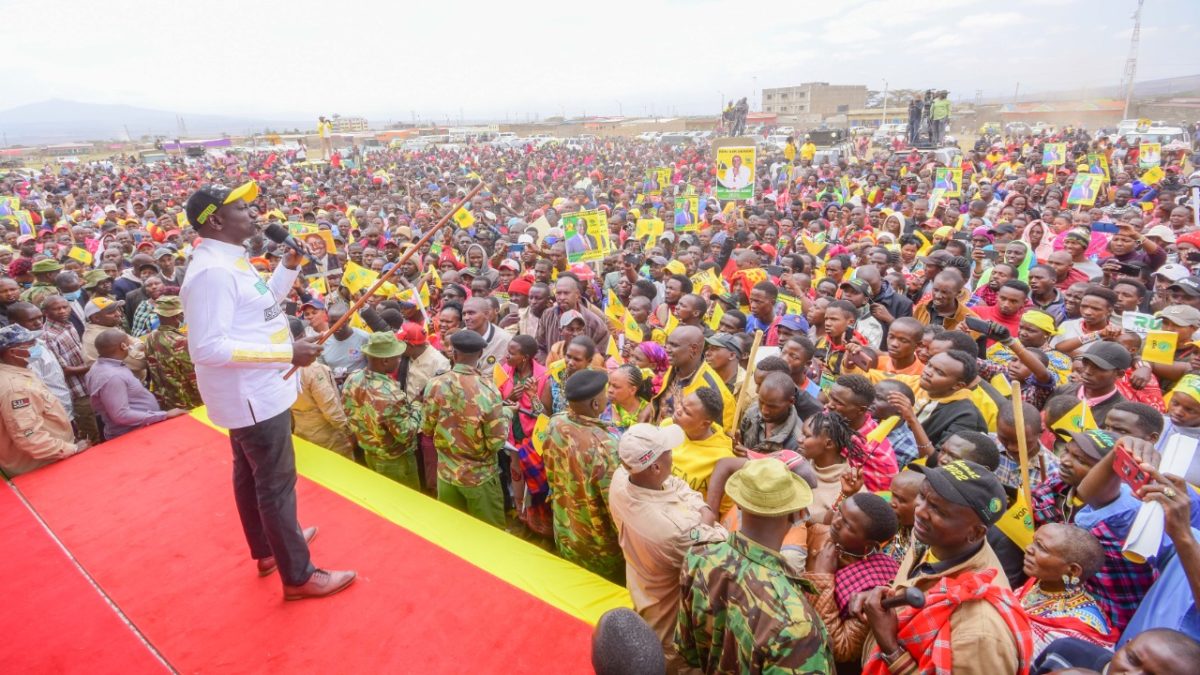Kenya’s Deputy President and Kenya Kwanza presidential candidate, William Ruto says he will fight and end corruption when elected the country’s leader in next week’s presidential elections.
This, he said during his final campaign rally on Saturday at Nyayo Stadium in Nairobi as mammoth crowds cheered him up.
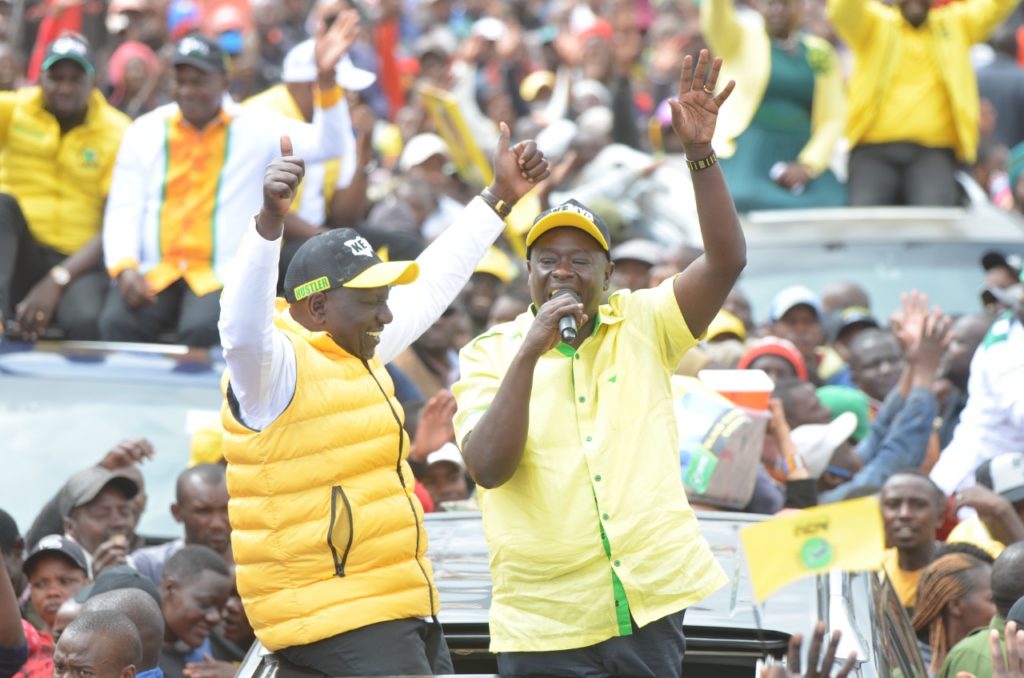
“Your money will not be stolen; corruption will not destroy your future. We are the only team that has a plan on fighting corruption, we are the only team that can dare fight state capture,” Ruto noted.

“We will overcome, enough is enough and freedom is coming. On Tuesday the people of Kenya will prevail over the deep state, the people of Kenya will prevail over the system. We are going to have a nation that leaves no Kenyan behind”

“On Tuesday you will be choosing between the team that has a plan for the future of our country and the team that will tell you many stories about the past,” added Ruto.
Ruto said they have a plan of bringing down the cost of living as well as economically empowering the population to afford education for their children and other basic services.
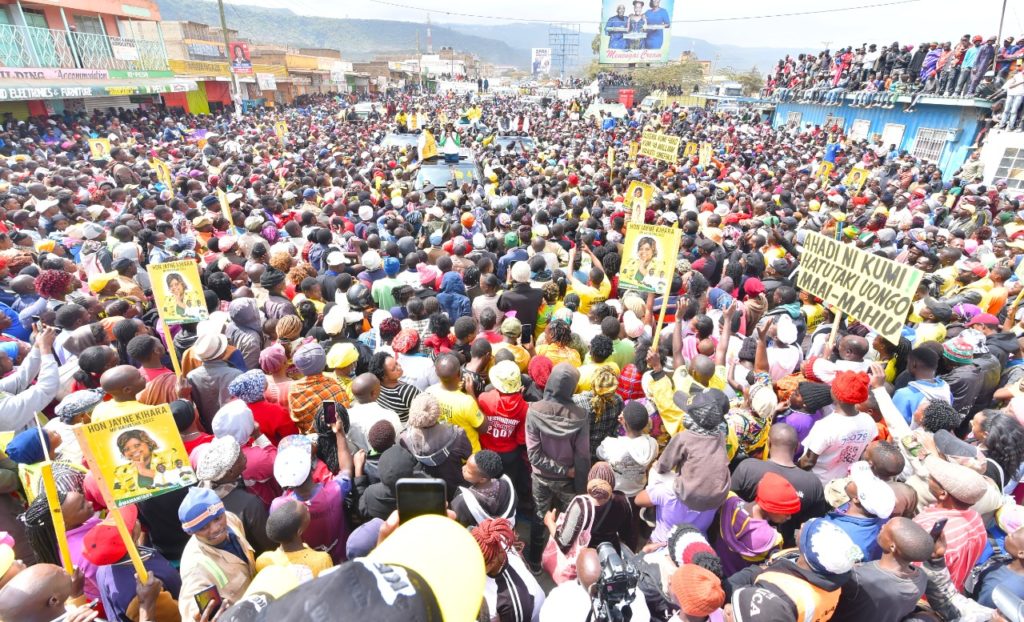
The Deputy President revealed that he and his team believes in democracy and will accept the decision of the people of Kenya. He however warned that he would be party to any arrangement that will go against the constitution of the country.
“We (President Uhuru and Ruto) achieved much together but as fate would have it you chose a different path. I wish you well as you head to retirement. I’m confident that this country will move forward, you have nothing to fear. I will not participate in anything that undermines the constitution of Kenya,” explains Ruto.

Ruto unveiled his seven point manifesto at Kasarani stadium to transform Kenya.
His manifesto focus on seven key areas; agriculture, micro, small and medium enterprises (MSMEs), housing and settlement, healthcare, digital superhighway, creative economy, service economy and climate change.
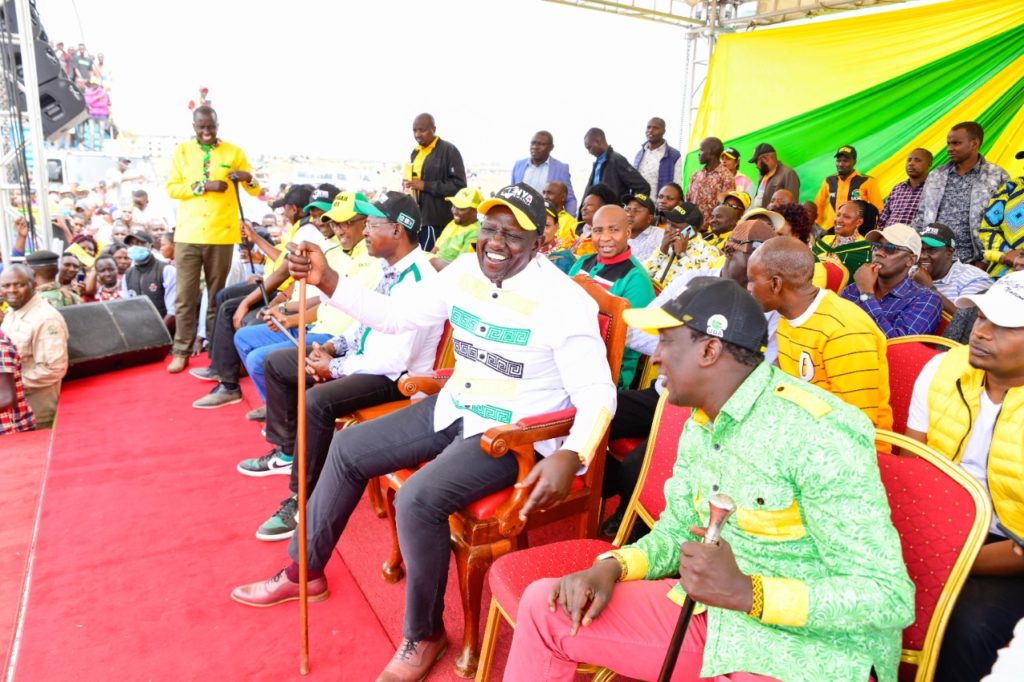
Ruto has served as the Deputy President twice in 2013 and 2017 alongside President Uhuru Kenyatta.
Meanwhile, Ruto’s leading competitor, Azimio La Umoja Coalition candidate, Raila Odinga made his final call to Kenyans from Kasarani Stadium.
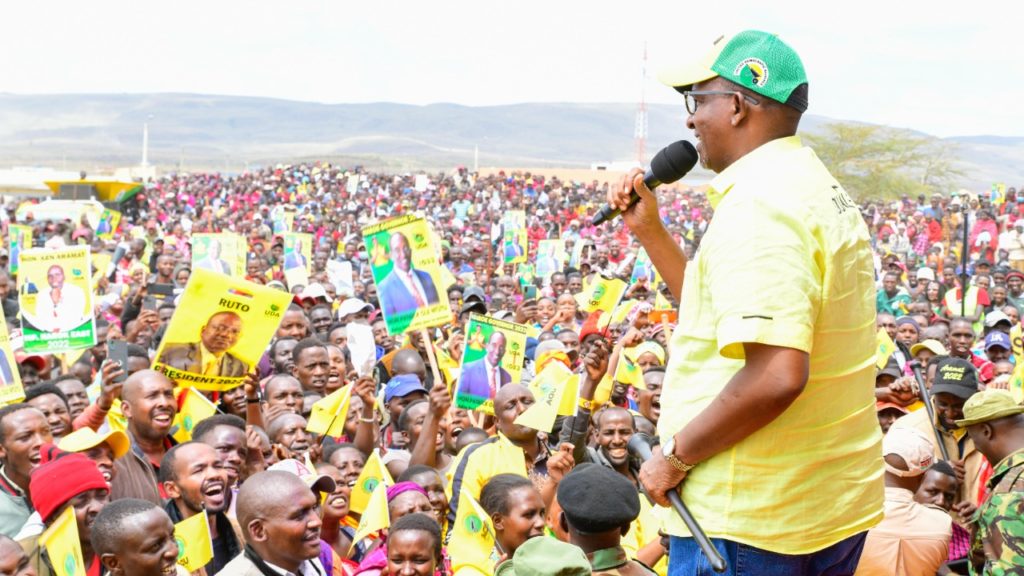
Both want to succeed Uhuru, who has fallen out with Ruto and instead supported and urged Kenyans to vote for Raila.
What is at stake?
Kenyans head to the polls next week Tuesday August 9 to vote for president, members of the National Assembly and Senate, and County Leadership for the country’s 47 counties.

Elections are an important moment for any country, but the stakes are particularly high for Kenya ahead of Tuesday’s polls. Election violence has been a major issue in previous elections, and there are fears that this vote could spur conflict.
Kenya’s next government will face major challenges. Like many countries in the region, Kenya is suffering from a severe drought, rising debt and inflation, with food prices soaring by 15 percent in the last year. With the largest economy in East Africa, Kenya’s stability is critical for the wider region.

The vote Kenya pits the incumbent’s favourite against a populist challenger. It will be hard-fought. To avert the violence that has marred past contests, the two candidates should pledge to resolve any dispute in court. External actors can also help.
What’s new?
Kenyans head to the polls next week amid acute intra-elite tensions. President Uhuru Kenyatta has united with opposition leader Raila Odinga against the campaign of Deputy President William Ruto, who is bitterly at odds with Kenyatta. Both candidates see a loss as posing existential peril to political and economic interests.
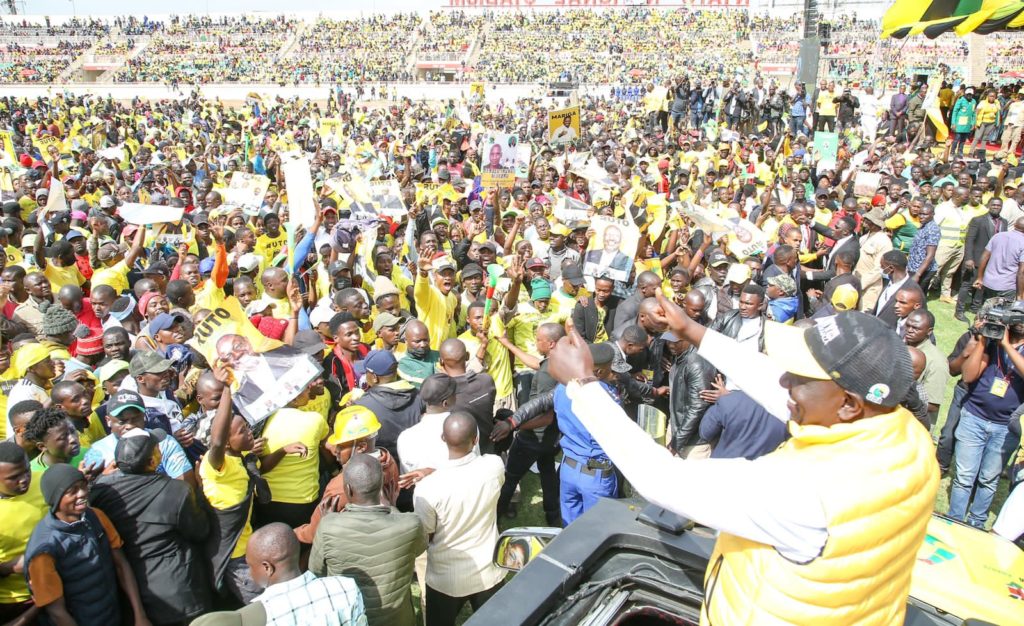
Why does it matter?
Kenyan elections are often high-stakes affairs, with the politicians concerned eager to protect both their careers and their significant business interests. While social tensions are now at a low ebb, in past elections, claims of electoral malfeasance have triggered violence that killed hundreds and displaced tens of thousands.
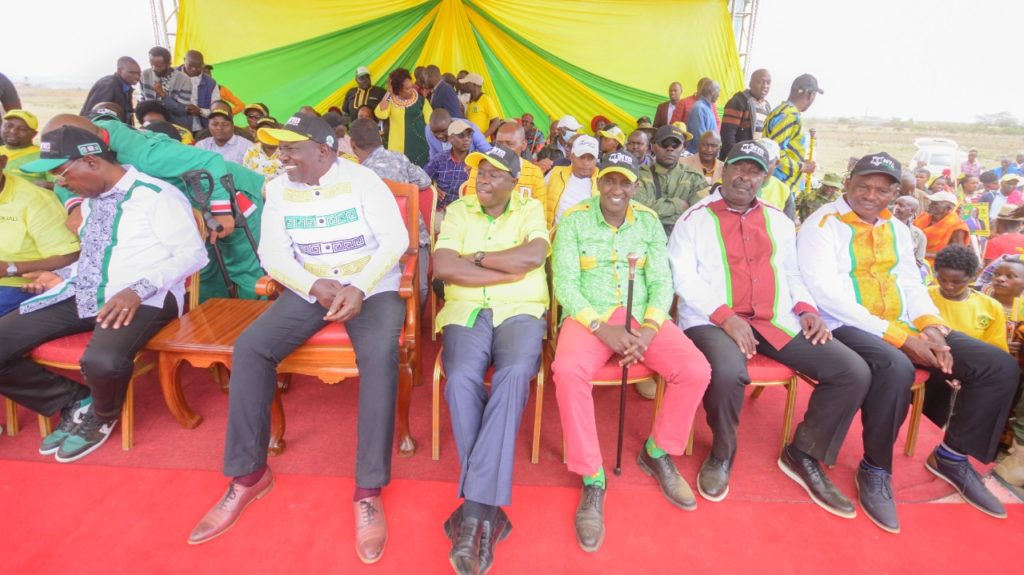
What should be done?
Ruto and Odinga should lower the temperature by committing to either accept the outcome of a fair vote or challenge it exclusively in the courts. Electoral institutions should resist interference; the authorities should invite in observers; and outside actors should stand ready to provide technical assistance and mediate disputes.

